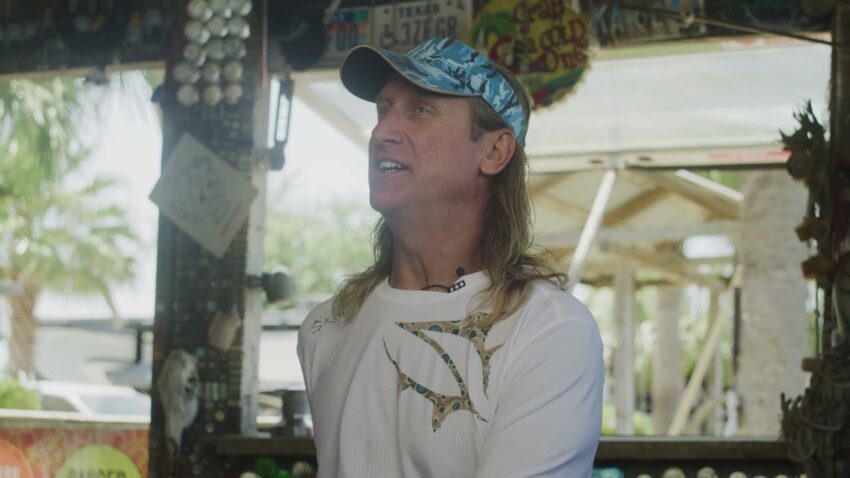Written by Saundra Amrhein for Visit Florida (visitflorida.com)
There is that special moment when Matt Chatowsky is a mile or so out on his 19-foot Boston Whaler Montauk, heading toward the Gulf of Mexico. He will look back to the shoreline near Cedar Key that forms part of the Nature Coast of West Central Florida.
Gazing at miles of uninterrupted marsh and thickets of cypress trees, his boat packed with supplies and gear for a day full of Florida fishing, Chatowsky will feel every bit surrounded by wilderness as he once did as a younger man on a horse loaded with saddlebags out West – where one fateful adventure years earlier changed the course of his life.
Chatowsky will lock down his fishing rods and steer the Montauk out over the water – all from his seat, his wheelchair safely stored back in his van.
“I don’t even feel like I’m disabled when I’m in the boat,” Chatowsky said. “I’m just going.”
The state’s flatness combined with bountiful offerings on Florida’s Nature Coast –swimming and diving in Florida’s freshwater springs, Florida saltwater fishing, and accessible hunting in wildlife preserves – make the area a paradise for avid outdoorsmen like Chatowsky and visitors with mobility limitations looking for accessible travel options out in the wild.
About three decades ago, Chatowsky was drawn to the plethora of fishing opportunities on the Nature Coast, also known as the Big Bend area, with Florida’s Levy Count and Cedar Key at its center.
Chatowsky was already familiar with other, more developed parts of the state. He had spent part of his childhood on Florida’s Atlantic coast before moving out West. It had been there, in Yosemite National Park, with Chatowsky working as a pack guide at the age of 23, that his horse fell down a slope and on top of him – breaking his back and resulting in his becoming a T12 paraplegic.
Back in Florida after rehab, he was studying computer science at the University of Florida in Gainesville – now determined to make a living using his brain – when he set out to explore Florida fishing spots in his free time. On occasions, he went east to the Atlantic coast.
But then one road brought him west, all the way to Cedar Key on Florida’s Gulf coast, where he fell in love with the landscape and never quite looked back.
“The coast is remarkably natural,” he said. “You’re out on the boat and all you see is natural shoreline.”
In addition to the laidback, great community of people, the ecosystem near Cedar Key was one of the most dynamic he’s ever seen, changing every three months. You could be scalloping or going out for redfish or Spanish mackerel one month, and in the next month grouper would be coming in.
After graduating and working a number of years with Harris Corps in Melbourne, Florida, Chatowsky decided he couldn’t stand life in a cubicle any longer and moved in 2003 to Cedar Key, where he bought a home – still visiting spots out West, in part for closure. Those trips made him realize the extent of Florida’s accessible outdoors.
For instance, he would look down into a ravine in Idaho at a beautiful emerald pool, knowing he couldn’t get there for all the money in the world, he said.
“It was a heart-sinking feeling.”
Florida fishing returned to him the ability to get into the wild. A strong advocate for people living with disabilities, he has had a hand in other boat projects that are wheelchair accessible.
And he loves to explore other offerings that are close by, including swimming in the area’s freshwater springs – the cool waters a refreshing relief not only from the heat of a summer day but also from the pressure built up from sitting in his wheelchair for long periods of time.
